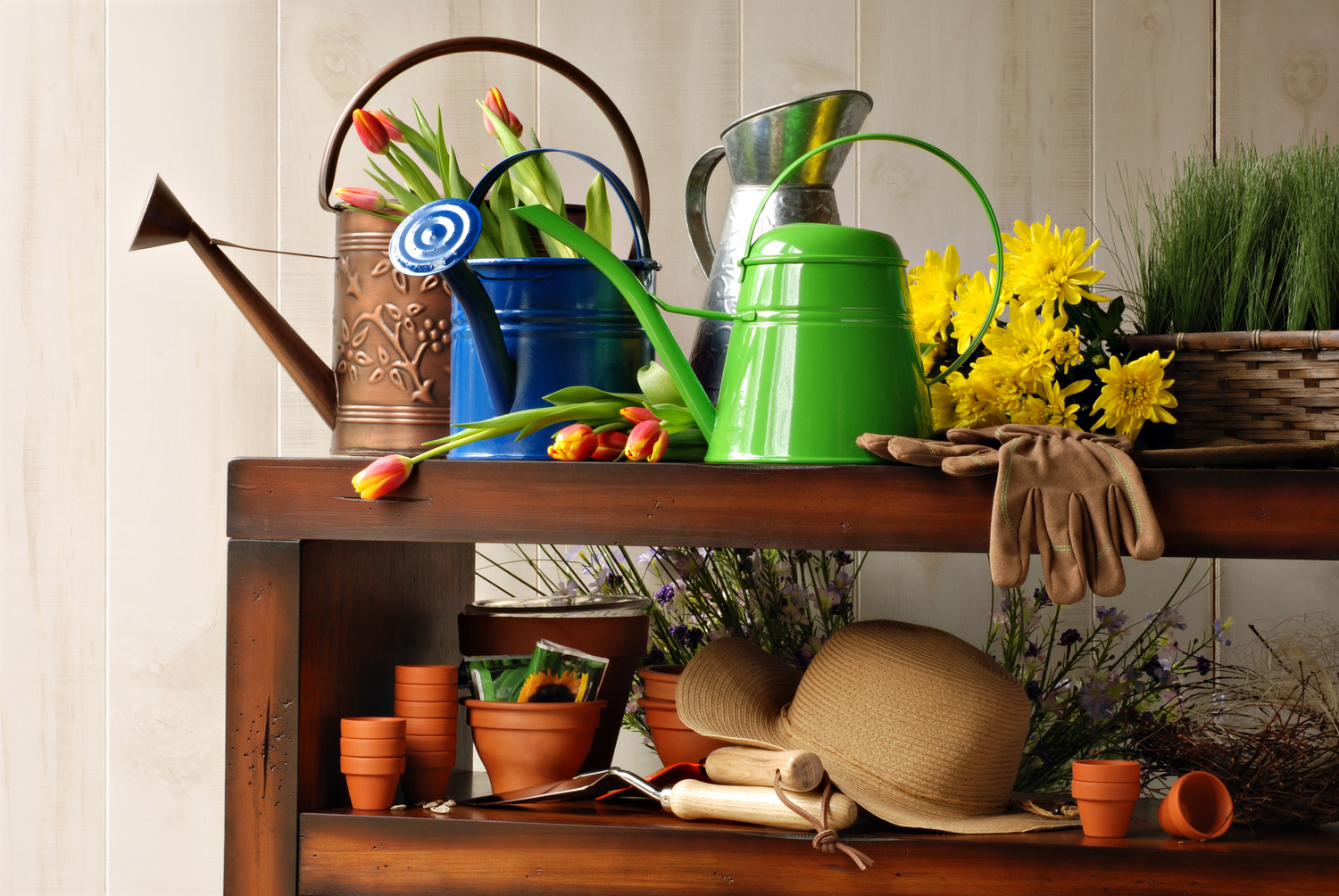Tips for Choosing the Right Garden Supplies
Gardening is a fulfilling hobby that offers both aesthetic satisfaction and physical activity. Whether you are a seasoned gardener or a newbie, selecting the right garden supplies is crucial for ensuring your plants thrive. With the plethora of options available, making the best choice can be daunting. Here’s an informative guide to help you navigate through the process with ease and confidence.
1. Assess Your Garden Space and Requirements
Before you start buying gardening supplies, it’s essential to assess your garden space and its requirements.

– Size of the Garden: The size of your garden area will determine the quantity and type of supplies needed.
– Type of Plants: Different plants have varied needs in terms of soil, water, and sunlight. Knowing what plants you want to grow will guide your supply choices.
– Soil Quality: Evaluate the soil quality of your garden. Soil testing kits can help you determine pH levels and nutrient content, guiding your choice of fertilizers and soil amendments.
2. Essential Gardening Tools
Investing in quality gardening tools ensures efficiency and durability. Here are some must-have tools for every gardener:
– Trowel: A versatile tool for digging, planting, and weeding.
– Pruning Shears: Essential for trimming plants and bushes.
– Garden Fork: Useful for loosening soil and turning compost.
– Spade: Ideal for digging and moving soil.
– Garden Hose/Sprinkler: Ensures proper watering of your garden.
– Wheelbarrow: Makes it easier to transport soil, plants, and other heavy items.
Opt for ergonomically designed tools to reduce strain and enhance comfort during prolonged use.
3. Choosing the Right Soil and Fertilizers
Healthy soil is the foundation of a thriving garden. The type of soil you choose will depend on the plants you’re growing:
– Potting Soil: Ideal for container gardening, as it provides excellent drainage and aeration.
– Garden Soil: Suitable for garden beds, often mixed with compost or organic matter to enhance fertility.
– Compost: A natural fertilizer that improves soil structure, enhances nutrient content, and promotes healthy plant growth.
When selecting fertilizers, consider these options:
– Organic Fertilizers: Made from natural sources, they improve soil health without harmful chemicals.
– Inorganic Fertilizers: Offer quick-release nutrients but should be used cautiously to avoid over-fertilization.
4. Pest and Weed Control
Maintaining a pest-free garden is essential for plant health. Choose from various pest control options, such as:
– Biological Control: Introduces natural predators like ladybugs to control pests.
– Organic Pesticides: Made from natural ingredients, they are safer for the environment and non-target species.
– Mechanical Control: Includes handpicking pests and using barriers like nets or row covers.
Weeds compete with plants for nutrients and water, so efficient weed control is necessary. Options include:
– Mulching: Suppresses weed growth by blocking sunlight.
– Manual Weeding: Using hand tools to remove weeds effectively.
– Herbicides: Chemical solutions for controlling persistent weeds; use as a last resort.
5. Gardening Accessories and Safety Gear
Enhance your gardening experience with the right accessories and safety gear:
– Gloves: Protect hands from thorny plants, chemicals, and soil.
– Kneepads: Provide comfort during prolonged kneeling.
– Sun Protection: Hats, sunscreen, and sunglasses shield you from UV rays.
– Garden Clogs/Boots: Waterproof footwear keeps your feet dry and comfortable.
6. Watering Systems
Proper watering is crucial for plant health. Different watering systems cater to various garden needs:
– Drip Irrigation: Conserves water and delivers it directly to plant roots.
– Soaker Hoses: Permeable hoses that provide slow, deep watering.
– Sprinkler Systems: Suitable for larger areas needing uniform coverage.
Choose a system that fits your garden size, plant types, and water availability.
7. Planters and Containers
For those with limited space or preferring container gardening, choosing the right planters is vital:
– Material: Options include plastic, clay, ceramic, and metal. Each has pros and cons regarding durability, weight, and aesthetics.
– Size: Ensure the container is large enough to accommodate the plant’s growth.
– Drainage: Look for containers with adequate drainage holes to prevent waterlogging.
8. Budget Considerations
Gardening supplies can range from budget-friendly to premium prices. Establish a budget to guide your purchases without compromising quality. Look for seasonal sales, discounts, and second-hand options to save costs.
9. Sustainable Choices
Opt for eco-friendly gardening supplies to minimize your environmental impact:
– Recycled Materials: Choose tools and containers made from recycled materials.
– Organic Products: From fertilizers to pesticides, organic options are better for the ecosystem.
– Water Conservation: Implement water-saving techniques and systems to conserve this precious resource.
Conclusion
Selecting the right garden supplies is fundamental to building a successful and sustainable garden. By assessing your garden’s needs, investing in quality tools, and making informed choices, you can create a thriving garden that brings joy and satisfaction. Happy gardening!

